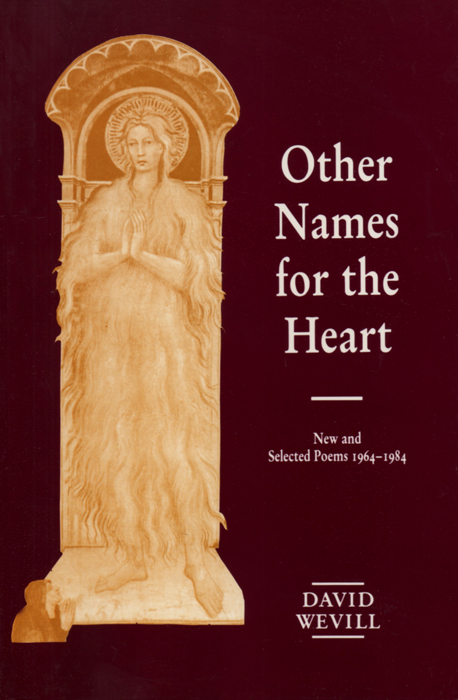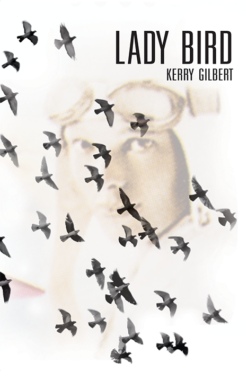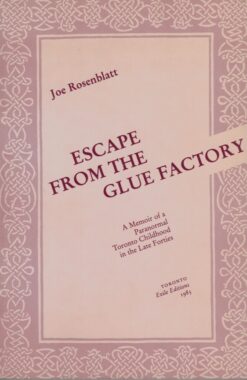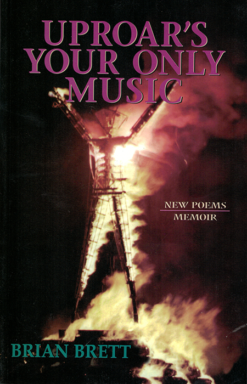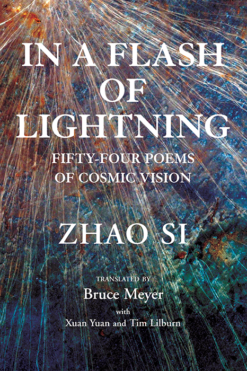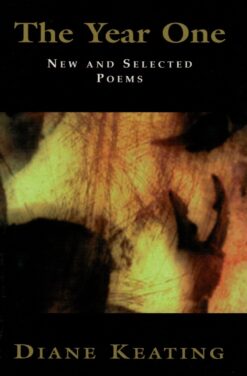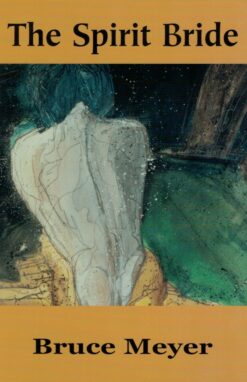Other Names for the Heart
$19.95
New and Selected Poems 1964-1984.
“With Other Names for the Heart, a book that chronicles the life and work of a compassionate survivor, David Wevill takes his rightful place among the best of Canada’s poets. This selection of new and established work comes at a time when Canadian poetry stands again at cross-roads -a time when our poets are preparing to enter the community and continuum of the world literature. As readers of Other Names for the Heart will discover, David Wevill has already carved his niche there.” —Bruce Meyer
“Wevill’s poetry is varied, original, taut … elaborate, skillful and very highly organized. All remarkably convincingly his own.” —A. Alvarez
Poetry 1985 • 6 x 9 inches • PB 147 pages • 9780920428764


